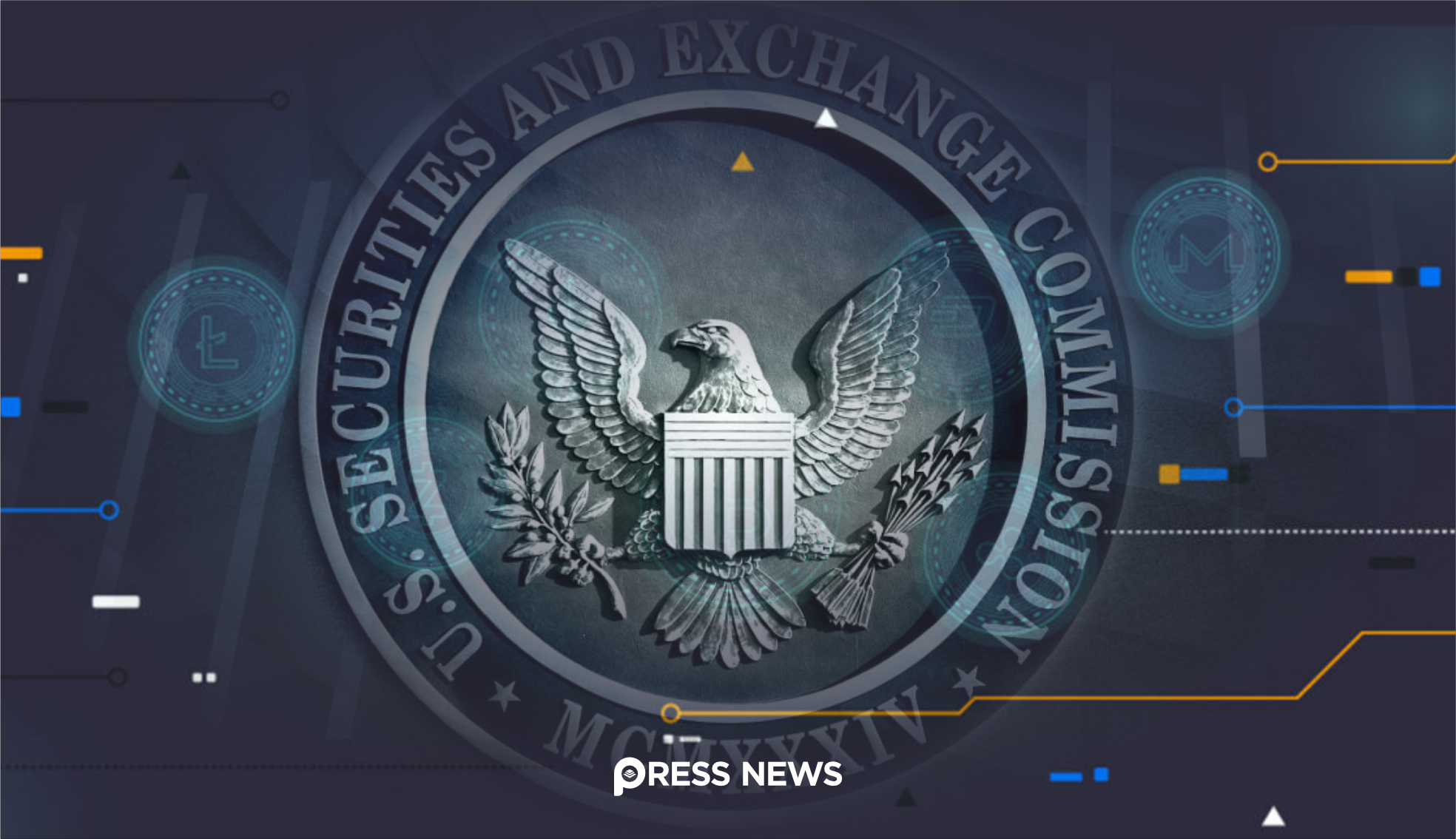Hedera Foundation Partners with The Binary Holdings to Onboard 169 Million+ Users
In a move that’s being hailed as a landmark victory for the U.S. digital asset industry, the U.S. Securities and Exchange Commission (SEC) has clarified its stance on cryptocurrency staking, signaling a more nuanced approach to Web3 regulation. The new guidance, released on May 29 by the SEC’s Division of Corporation Finance, confirms that certain protocol-based staking mechanisms do not constitute securities transactions under the Securities Act of 1933 — a long-awaited clarification that could reshape the future of blockchain-based finance.
The document stated that “Protocol Staking Activities,” particularly those tied to non-custodial, proof-of-stake (PoS) blockchains, do not need to be registered as securities offerings. This shift away from a blanket enforcement approach toward more tailored regulatory guidance is being viewed as a significant step forward in aligning U.S. crypto policy with the operational realities of decentralized technology.
“The SEC has now recognized what we’ve long argued: staking is a core part of how modern blockchains function — not an investment contract,” said Alison Mangiero, Head of Staking Policy at the Crypto Council for Innovation (CCI), in an interview with Cointelegraph.
A Turning Point for Proof-of-Stake and the Path to ETH ETFs
For years, the crypto industry has been at odds with the SEC over how staking services — which allow users to lock up their cryptocurrency to support network operations in exchange for rewards — should be regulated. Much of the controversy stemmed from a lack of clarity over whether staking resembled passive investment, which could classify it as a security, or whether it was simply a technical mechanism critical to decentralized governance.
In 2022, Kraken was fined $30 million and forced to halt its staking-as-a-service program in the U.S., a decision that sent shockwaves through the industry and sparked a renewed push for guidance. Now, with this latest development, the SEC appears to be acknowledging a key distinction — that protocol-level staking differs from custodial services that pool customer funds and promise fixed returns.
The Crypto Council for Innovation, through its Proof of Stake Alliance (POSA) initiative, has been instrumental in advocating for regulatory clarity. Earlier this year, POSA submitted a comprehensive letter to the SEC’s Crypto Task Force, co-signed by nearly 30 organizations including Coinbase, Lido, and the Blockchain Association. The letter argued that non-custodial staking is “fundamentally different from traditional investment contracts” (source).
“The SEC has opened the door to more sensible regulation,” Mangiero added, noting that this is a “win for stakers and the broader crypto community.”
Yet, the industry isn’t celebrating just yet. The SEC has still not approved any Ether (ETH) staking-based exchange-traded funds (ETFs). On May 21, the commission postponed its decision on Bitwise’s application to introduce staking into its ETH ETF product, as well as Grayscale’s proposal for an XRP ETF. While the ETH ETF approval remains pending, analysts believe that this new guidance increases the likelihood of a green light later this year or in early 2026.
The Bigger Picture: Regulation Is Evolving, Not Ending
According to Marcin Kazmierczak, co-founder and COO of blockchain oracle provider RedStone, the SEC’s decision marks “a notable shift from previous enforcement-heavy approaches.” He explained to Cointelegraph that this evolution reflects “genuine progress toward regulatory clarity” but cautioned that it is still early in the process.
“The foundation is being laid for more comprehensive crypto regulation,” Kazmierczak said, “with staking ETF approval becoming increasingly plausible by late 2025.”
This changing stance can, in part, be attributed to the formation of the SEC’s dedicated Crypto Task Force, announced in January 2025 and led by Commissioner Hester Peirce. Peirce, often dubbed “Crypto Mom” for her advocacy of crypto innovation, has been pushing for more regulatory clarity and less punitive enforcement. During a House Appropriations Committee hearing on May 20, SEC Chair Paul Atkins confirmed that the task force will issue its first comprehensive report in the coming months.
“We’ve consistently argued that protocol staking is not an investment activity,” Mangiero reiterated in a follow-up. “It’s an operational necessity for securing blockchains like Ethereum, Cardano, and Solana.”
The crypto community has largely echoed this sentiment. According to a recent survey by Coinbase, nearly 68% of institutional investors in the U.S. believe that regulatory uncertainty is the biggest barrier to broader crypto adoption. By clarifying the treatment of staking, the SEC is addressing one of the industry’s most pressing concerns.
What Comes Next?
While the new guidance is a positive sign, it’s important to note that it applies only to protocol staking at a technical level. Centralized staking services that offer returns to users — such as those previously offered by Kraken, Coinbase, or Binance — may still fall under securities laws depending on how they’re structured.
This distinction sets the stage for the next regulatory battleground: defining the rules around staking-as-a-service platforms and staking derivatives. As financial products become more sophisticated, regulators are expected to issue more granular guidelines.
In the meantime, the crypto industry is cautiously optimistic. The SEC’s guidance may not be revolutionary, but it is undeniably a key milestone on the road toward balanced regulation and broader institutional adoption of staking-based financial products.
If Ethereum ETF products with staking components are approved, it could unlock billions of dollars in institutional capital and legitimize staking as a recognized yield mechanism akin to dividends or interest-bearing accounts — with fewer regulatory question marks.
For now, the ball remains in the SEC’s court. But the rules of the game are clearly starting to change.


 Press Labs Inc.
Press Labs Inc. 








